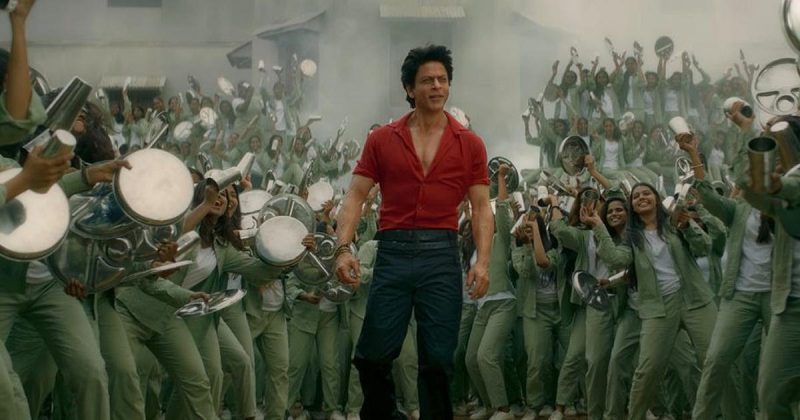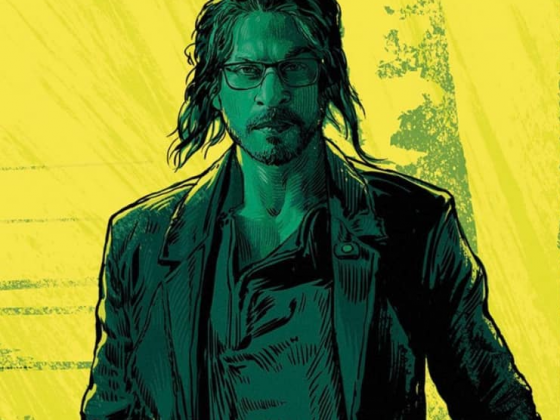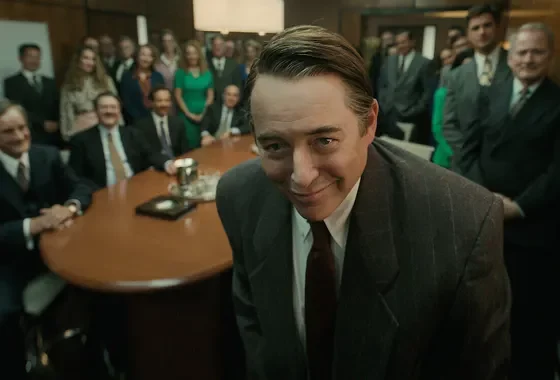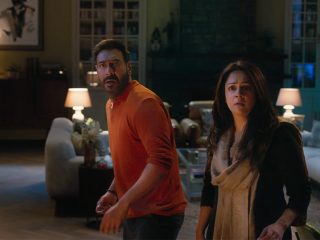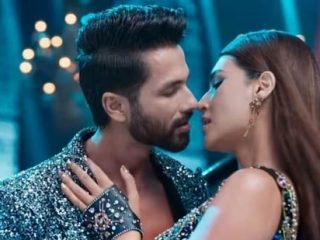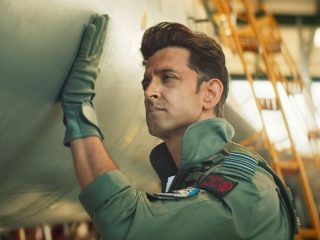To criticise Atlee Kumar for taking inspiration from a myriad of movies is like criticising a dog for barking or a scorpion for stinging. You can criticise them, but nature has a way of depicting them in their truest form anyway. The originality of ideas is novel, as even the best of ideas spring from inspiration anyway.
That is to say, all the rumours are true. This is a stylized version of Akhree Rasta. There are shades of money heist. You can even spot Shahenshah there if Akhree Rasta isn’t your jam. And of course, because this is an Atlee movie, social messaging is obviously present. A prevalent theme in almost all of the ventures of Atlee’s oeuvre, Atlee’s foray into social messaging has never been more apparent here, as if, taking into account the star whom he is presenting, he is also in charge of bringing the entire democracy’s issues to task.
Because this is a movie about defects. Defects in guns, defects in the banking system, defects in the medical administration and the slowness of bureaucracy, and defects in the voting system. “Jawan” through the lens of the one entity who is supposed to guard a nation through it all, the soldier, makes the vigilant decision of taking the system into his own hands. “Jawan hai, Jawan tu” (Soldier he is, Soldier you are), and so forth.
Is it almost fantastical how the resolution occurs? Yes, but the resemblance to the Atlee-Thalapathy Vijay trilogy of movies (Theri, Mersal, and Bigil) is almost readily apparent, and not just because of the director, the main actress, or the villain of the piece. It’s fantastical because it taps into the frustrations of the current conditions present within the country itself and tries to solve them in its own mixed-messaging but entertaining manner. If that entails an entire scene of de-aged SRK basically looking into the camera and almost breaking the fourth wall and instructing the audience to vote, you want to cheer and hoot for the man instead of criticising the obviously unsubtle messaging.
Because Atlee almost chooses here to mix the off-screen persona of SRK, the defiance, and the liberal nature of the actor with the movie itself and its characters and the plethora of looks SRK sports. And because Atlee is, admittedly, one of those who know how to present its hero to the audience, it presents Shahrukh Khan in his most “massy” and heroic avatar yet. Be it the introduction of the bandaged messiah in the first five minutes of the film, where his eye is revealed, then his forearm, then finally his face, as he is using spears to combat and impale the enemy combatants, Or, like most commercial movies, with an interval block that could only be described as applause-worthy, it is better to remain unspoilt and to be experienced in the theatres, unvarnished in its full 360-degree cigar-chomping glory. If Shahrukh Khan truly intended to make his comeback as a commercial action star, one could argue that Jawan is admittedly much better in terms of its storytelling and plotting, even though it conveniently uses all the tropes of twists and double flashbacks.
And the positives of the action set pieces are large and mostly practical. Because the VFX are done by Red Chillies, they are mixed with the practical stunt work and action set pieces far better here. However, Atlee’s penchant for editing his scenes a second or two faster than they need to be becomes a hindrance at times here. It helps to compress a lot of plot points, yes, but it also loses a bit of staying power.
It is also welcome that so much space is given to the female characters here. The six primary female characters working with the “chief” all have their own motivations, and for most of these characters, their motivations all tie into the plot points in as organic a fashion as they possibly could. This reviewer was positively surprised at how meaty a role Deepika Padukone was given for a “special appearance”, and she sells that role with conviction. There are, of course, contrivances here that are facepalm-worthy (checking the pregnancy of a woman by a pulse rate, sure). Nayanthara’s character of Narmada excels in the action set-pieces and is mostly the tough cop who gets a reality check, but her romance with Shah Rukh Khan’s character Azad isn’t so much built up as checked off a list, the chemistry we are supposed to buy from the “Challeya” song. It would be wrong to state again that commercial tropes do not utilise songs to embrace and show the passage of time and the development of emotions, but the chemistry between the two of them isn’t as natural as the chemistry between Deepika and Shah Rukh Khan, or even the chemistry the “chief” shares with his six assistants. Vijay Sethupathi, on the other hand, as the villain with his Tamil-accented Hindi might take some getting used to, but he is so charismatic that by the time the second half rolls around and the plot almost threatens to derail, he and Shah Rukh Khan manage to pull it together. Their scenes are actually quite electric, and Sethupathi really chews up the scenery far better than most villains in recent times, even though the script honestly doesn’t give him much to do.
To cap it off, this is a celebration of Shah Rukh Khan and his star power, a film where references to his earlier films are also present, be it in a character name or in how he self-referentially states how better he is as an anti-hero. To be a fan of the superstar is to enjoy Jawan, and Atlee uses his typical “expertise” to mix sugar, spice, and everything nice, but the chemical X, the one thing that elevates this movie and gives it a good roundhouse kick, is the superstar himself.

